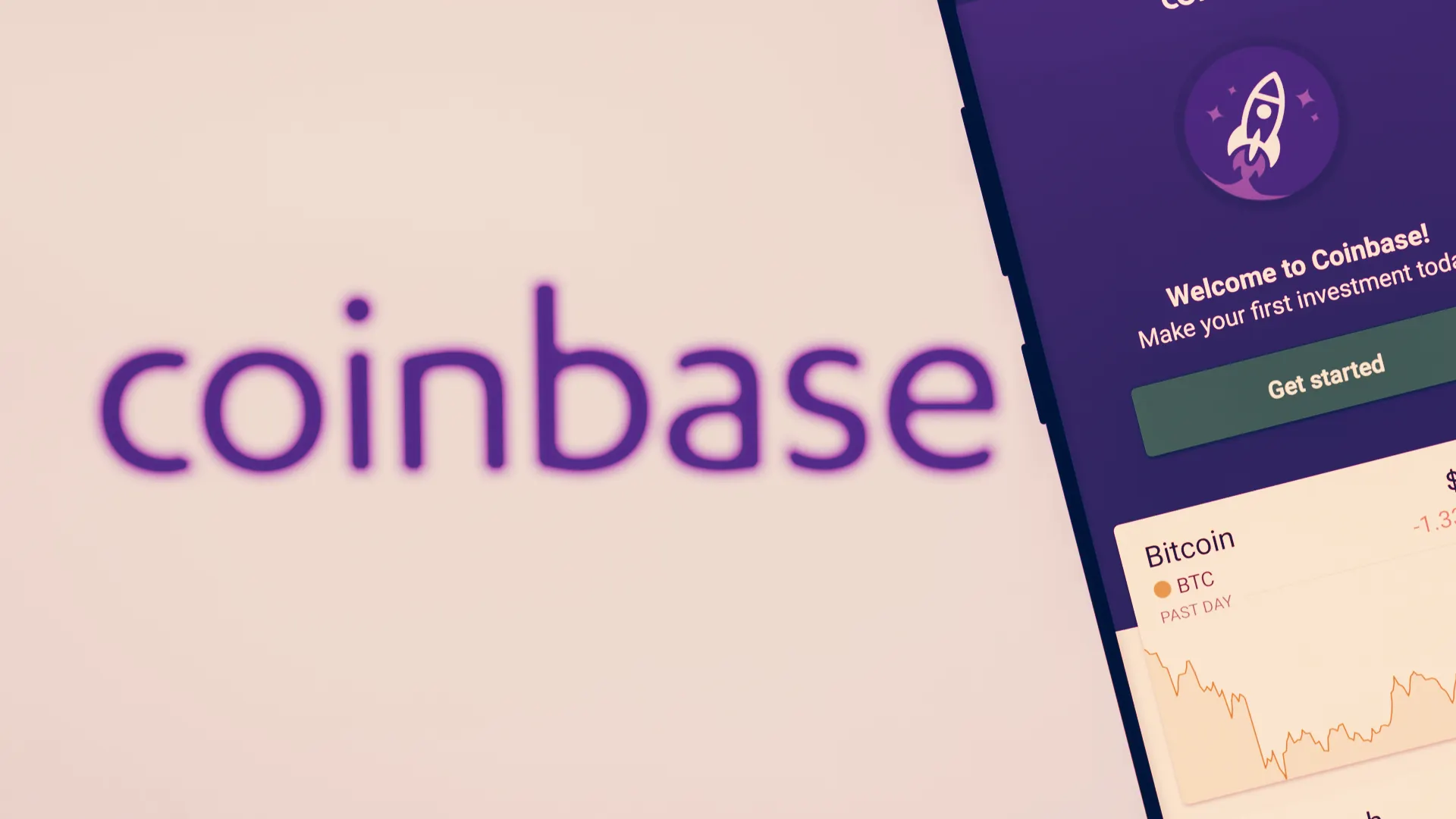In brief
- Rosetta is an open-source project led by Coinbase.
- Its goal is to standardize code so developers can more easily create blockchain applications on different chains.
- It has introduced an implementation for Bitcoin.
In June, when San Francisco-based cryptocurrency exchange Coinbase unveiled a blockchain integration toolkit called Rosetta, it vowed to expand it out to Bitcoin and Ethereum. It’s starting to make good on that promise.
Today, it shared rosetta-bitcoin, an implementation of Rosetta that makes it possible to integrate features that aren’t possible on the Bitcoin Core client.
Rosetta is an open-source project spearheaded by Coinbase and supported by blockchain projects such as Filecoin, Celo, and Blockstack.
Because each blockchain is written differently, developers face challenges when creating products that are meant to work on multiple chains. Rosetta represents an ongoing attempt to standardize the format for what are currently idiosyncratic processes; it streamlines development of “cross-blockchain applications such as block explorers, wallets, and dapps.”
According to Coinbase, over 20 blockchain projects are implementing Rosetta. But not Bitcoin.
Today’s announcement lists a host of problems for developers wanting to integrate with Bitcoin, from querying account balances to “construct[ing] transactions without importing private keys onto the node.”
According to the announcement, “rosetta-bitcoin provides access to all these features, requires no configuration by default, and can be started with a single command.”
Rosetta Tech Lead Patrick O’Grady told Decrypt that the Coinbase-led team is consistently looking to refine rosetta and review community contributions that make it as easy as possible for devs who aren’t steeped in Bitcoin or blockchain to get into blockchain development.
“Running some sort of business on Bitcoin has historically involved running an indexer and a custom wallet to create and sign transactions with offline keys,” he said. “rosetta-bitcoin makes this easy for any developer to do.”
But it’s also a good tool for developers with more exposure to Web 3.0. “For existing blockchain devs curious about Rosetta, what better way to illustrate the core concepts than to showcase how it works for Bitcoin?” he said.
O’Grady indicated this is just the beginning. The team would like to see community contributions that allow Lightning support and other features.
Daily Debrief Newsletter
Start every day with the top news stories right now, plus original features, a podcast, videos and more.

